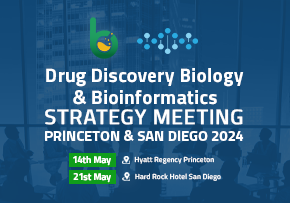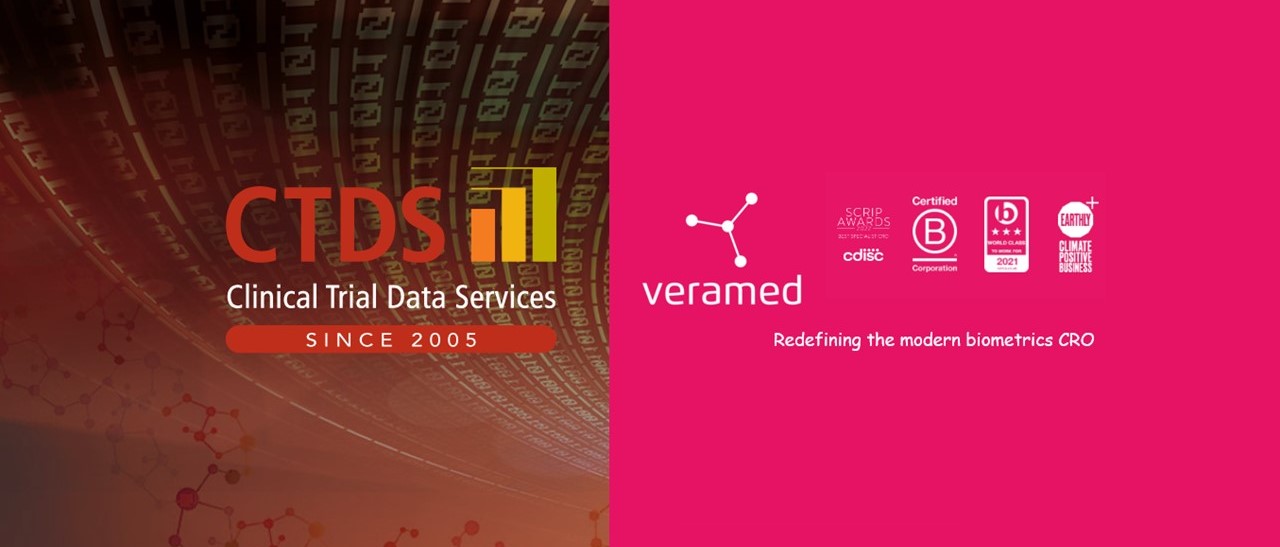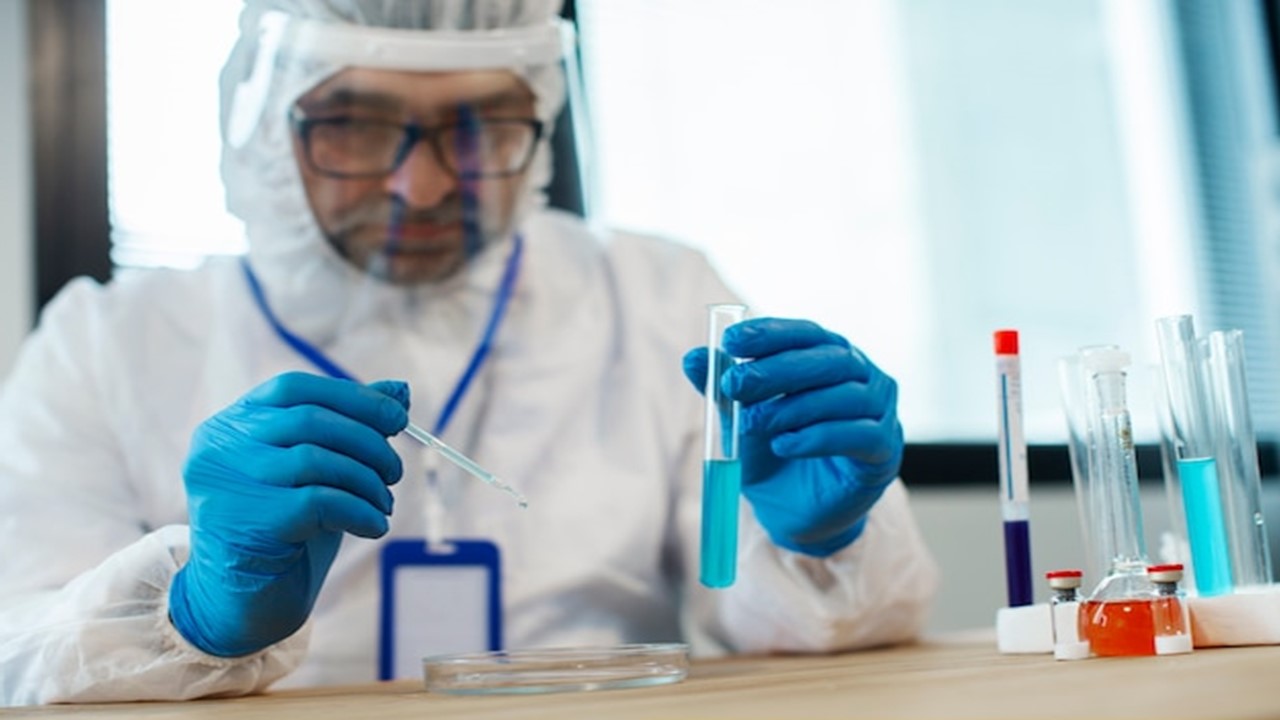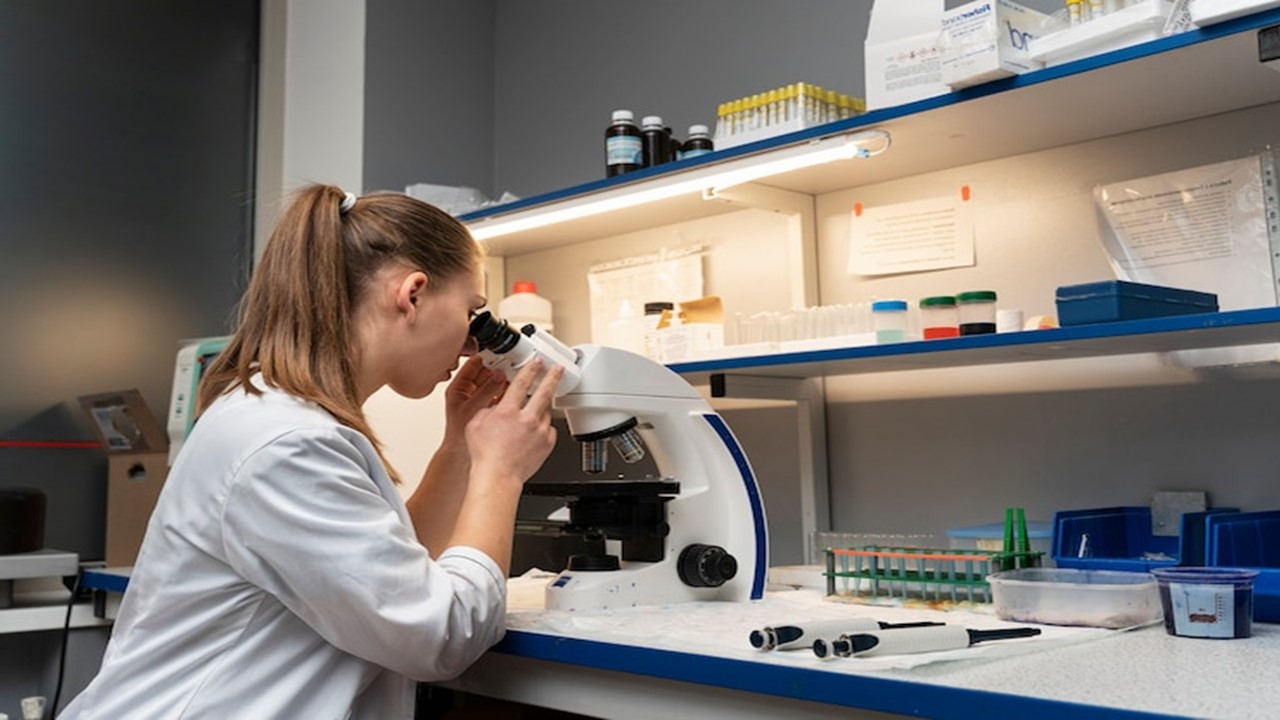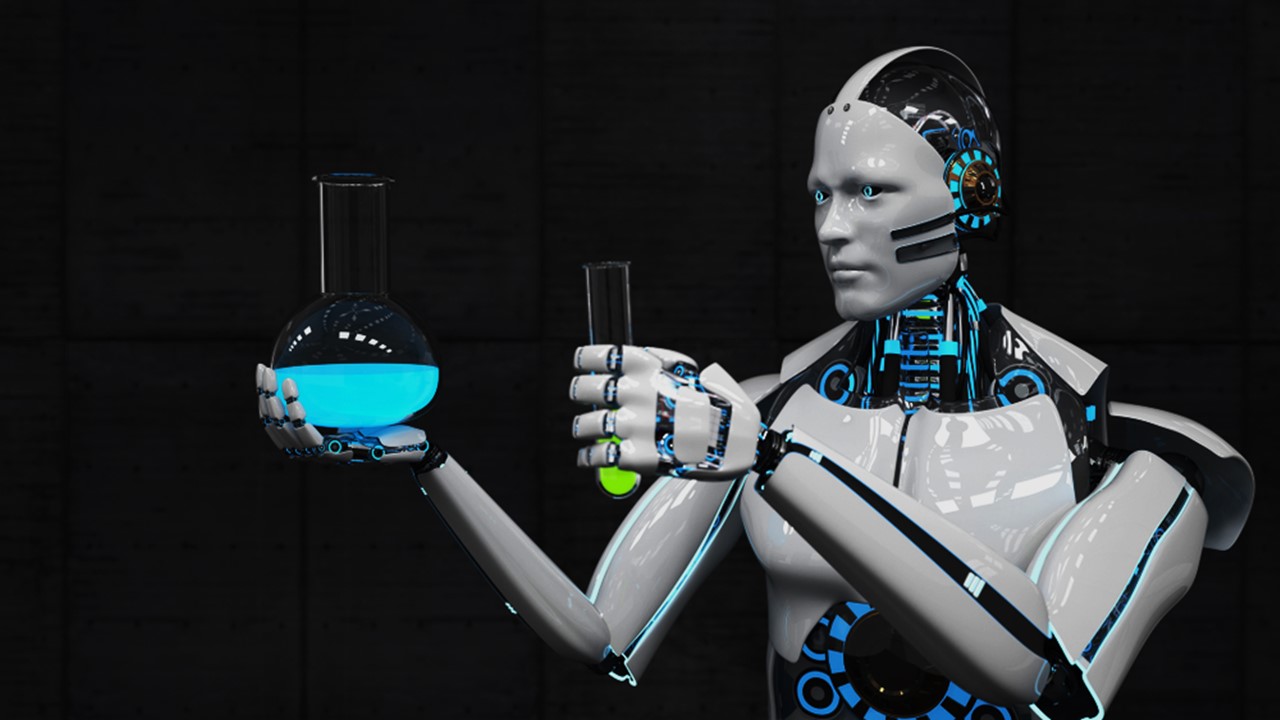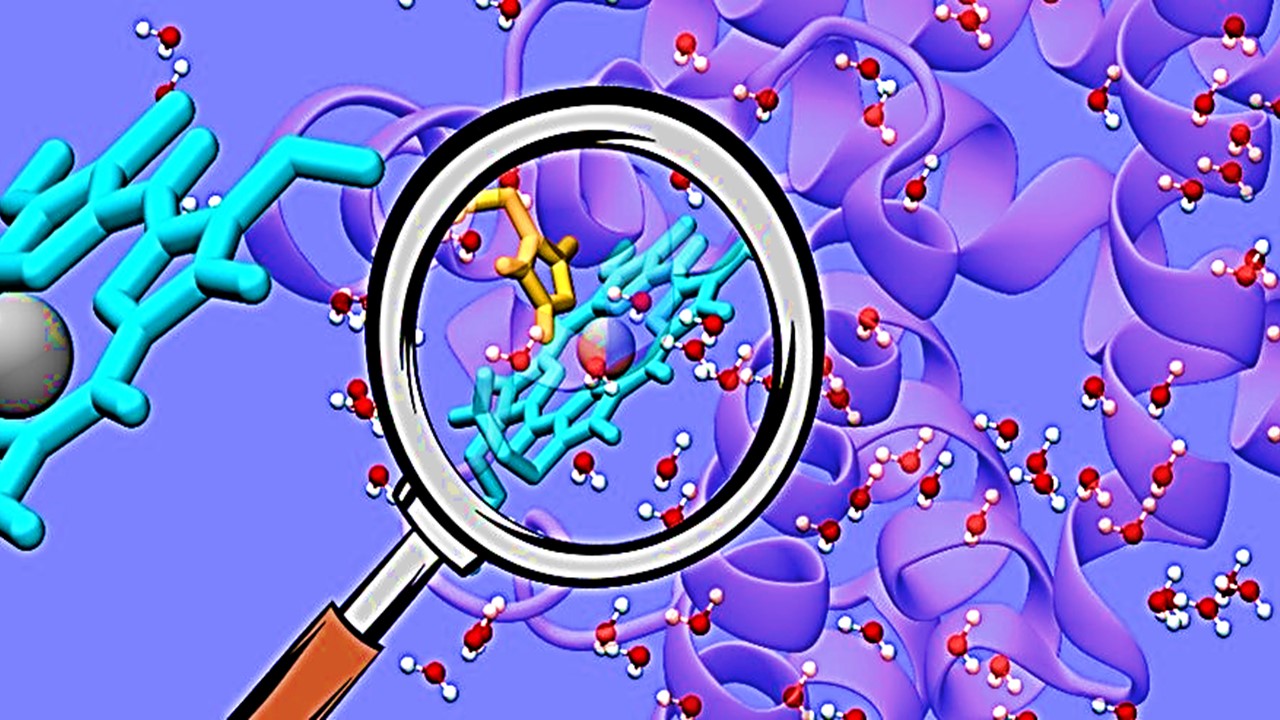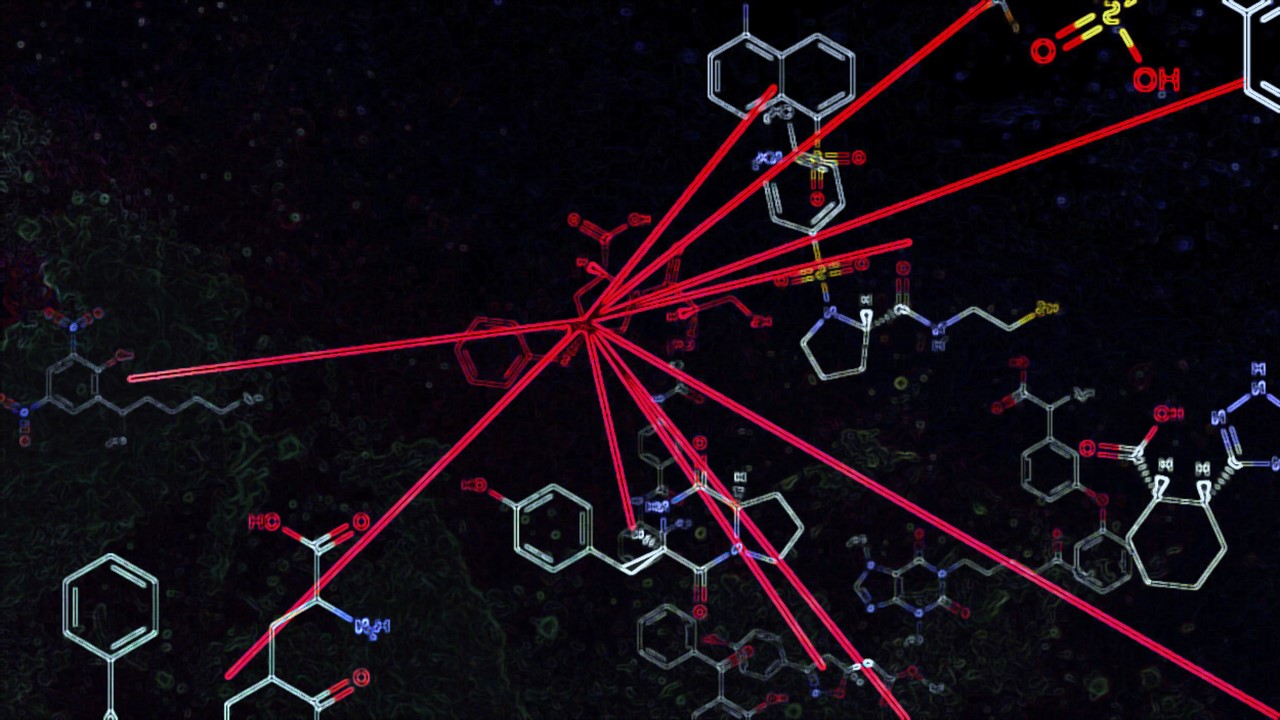The integration of machine learning (ML) is unlocking new avenues for improving patient outcomes and optimizing clinical workflows in the fast-evolving healthcare landscape. From disease diagnosis to drug discovery and epidemic control, ML applications are revolutionizing every facet of healthcare delivery.
Pioneering Precision Medicine
ML algorithms are at the forefront of disease diagnosis, offering clinicians powerful tools to identify and predict various medical conditions with unprecedented accuracy. For instance, in the realm of neurological disorders, such as Parkinson’s disease, ML algorithms like Artificial Neural Networks (ANN) are employed for gait analysis, enabling early and precise diagnosis. Similarly, in the case of liver diseases like hepatitis, automated classification tools based on ML algorithms analyze blood enzymes, facilitating early detection and improving patient survival rates. Furthermore, ML-based classification algorithms are invaluable in diagnosing infectious diseases like dengue fever promptly, thereby enabling timely interventions and saving lives.
Precision in Visual Diagnostics
Medical imaging analysis is undergoing a paradigm shift with the integration of ML and Deep Learning technologies, enhancing the accuracy and efficiency of disease detection. Radiologists are leveraging ML algorithms to automate processes such as joint space-width measurement in rheumatoid arthritis diagnosis, enabling quicker and more reliable assessments. Moreover, ML-driven analysis of cardiovascular images aids in the early detection of heart diseases, mitigating the risk of misdiagnosis and ensuring timely interventions. Additionally, in the context of breast cancer diagnosis, texture analysis and classification techniques applied to mammography images enable the identification of micro-calcifications, facilitating early and accurate disease detection critical for improving patient outcomes.
Predicting Patient Outcomes
ML models are reshaping medical prognosis by leveraging diverse patient data to predict treatment outcomes and disease progression accurately. By considering various parameters such as age, weight, and lifestyle factors, ML algorithms empower clinicians to forecast treatment sensitivity and life expectancy, thereby optimizing care pathways and avoiding unnecessary interventions. These predictive models aid in prioritizing patient care and personalizing treatment strategies, leading to improved patient outcomes and resource allocation efficiency.
Tailored Healthcare Solutions
The advent of ML-driven smart record systems enables the analysis of individual patient data, paving the way for personalized treatment approaches. Applications like Ciox leverage ML techniques to extract and manage health information efficiently, streamlining the healthcare delivery process while ensuring better patient outcomes. Moreover, ML-based chatbots empower patients to access self-diagnostic tools and connect with appropriate healthcare providers swiftly, enhancing healthcare accessibility and reducing prescription errors. Collaborative efforts between academia and industry, exemplified by initiatives like Buoy Health, underscore the transformative potential of ML in delivering patient-centric care.
Precision and Efficiency in Surgical Interventions
Robotic surgery, augmented by ML technologies, offers unprecedented precision and efficiency in complex surgical procedures. By integrating computer vision and ML algorithms, surgical robots can identify anatomical features accurately, enhancing surgical precision and reducing operative time. Innovations such as Mazor Robotics and MicroSure’s robotic systems exemplify the convergence of ML and surgical robotics, revolutionizing minimally invasive surgical techniques and improving patient outcomes.
Unraveling the Genetic Blueprint
ML applications are catalyzing breakthroughs in genomics and proteomics, accelerating drug discovery and personalized medicine initiatives. By analyzing complex genetic data, ML algorithms facilitate the prediction of protein structures and the identification of disease biomarkers, crucial for developing targeted therapies. Start-up ventures leveraging ML, such as those involved in COVID-19 vaccine development, exemplify the transformative impact of ML in genomics research, heralding a new era of precision medicine.
Drug Discovery: Accelerating Therapeutic Innovations
ML is revolutionizing the drug discovery process, expediting the identification of promising drug candidates, and optimizing clinical trials. Integrating ML algorithms into drug development workflows enables early prediction of compound success rates and streamlines the screening process, reducing costs and time-to-market. Initiatives like Project Hanover and Bioxcel Therapeutics exemplify the synergy between ML and pharmaceutical research, driving therapeutic innovations and addressing unmet medical needs.
Clinical Trial Optimization: Enhancing Research Efficiency
ML-driven predictive analytics are revolutionizing clinical trial design and participant recruitment, optimizing resource allocation, and accelerating therapeutic advancements. By analyzing vast datasets, ML models identify target populations and monitor participant responses in real time, enhancing trial efficiency and reducing time-to-insight. Social media analysis further enhances trial recruitment strategies, ensuring diverse participant representation and improving research outcomes.
Harnessing Data for Public Health
ML applications are instrumental in predicting and controlling epidemic outbreaks, leveraging real-time data analytics to inform public health interventions. During the COVID-19 pandemic, ML models have been pivotal in tracking virus spread, analyzing social media sentiment, and optimizing healthcare resource allocation. Collaborative efforts between academia and public health agencies, exemplified by initiatives like the COVID-19 mortality risk calculator developed by the Johns Hopkins School of Public Health, highlight the transformative potential of ML in epidemic response and containment.
In a nutshell, the integration of machine learning technologies across various domains of healthcare holds immense promise for revolutionizing patient care, enhancing clinical decision-making, and driving therapeutic innovations. As ML continues to evolve, collaborative efforts between researchers, healthcare providers, and industry stakeholders will be crucial in realizing its full potential and ushering in a new era of precision healthcare.
Engr. Dex Marco Tiu Guibelondo, B.Sc. Pharm, R.Ph., B.Sc. CpE
Editor-in-Chief, PharmaFEATURES

Subscribe
to get our
LATEST NEWS
Related Posts
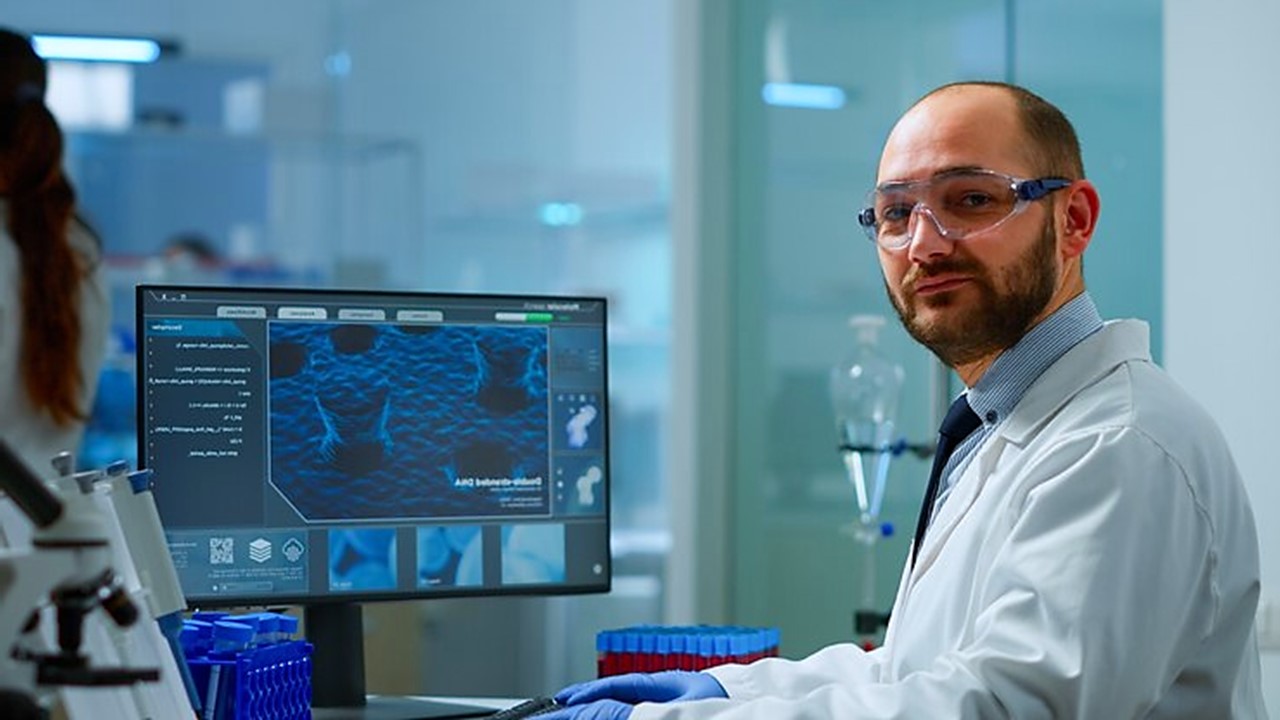
AI, Data & Technology
The Power of Unsupervised Learning in Healthcare
In healthcare’s dynamic landscape, the pursuit of deeper insights and precision interventions is paramount, where unsupervised learning emerges as a potent tool for revealing hidden data structures.
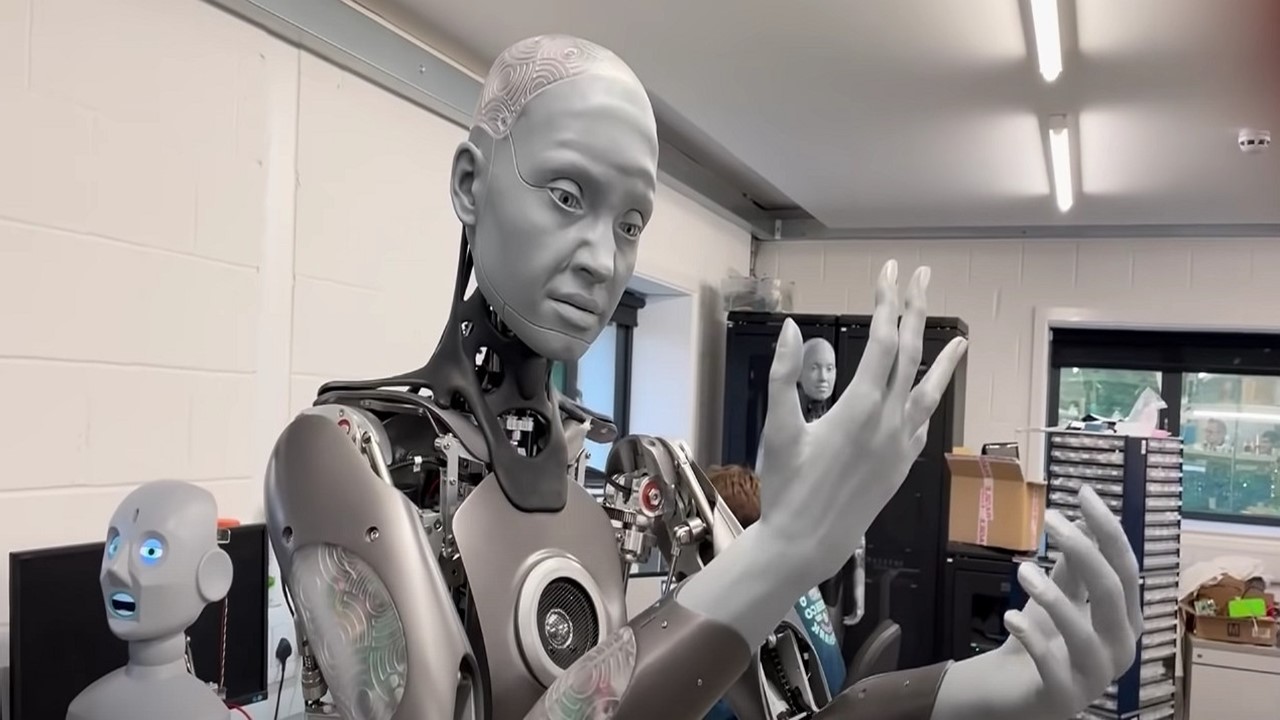
AI, Data & Technology
Unlocking Intelligence: A Journey through Machine Learning
ML stands as a cornerstone of technological advancement, permeating various facets of our daily lives.
Read More Articles
Synthetic Chemistry’s Potential in Deciphering Antimicrobial Peptides
The saga of antimicrobial peptides unfolds as a testament to scientific ingenuity and therapeutic resilience.


